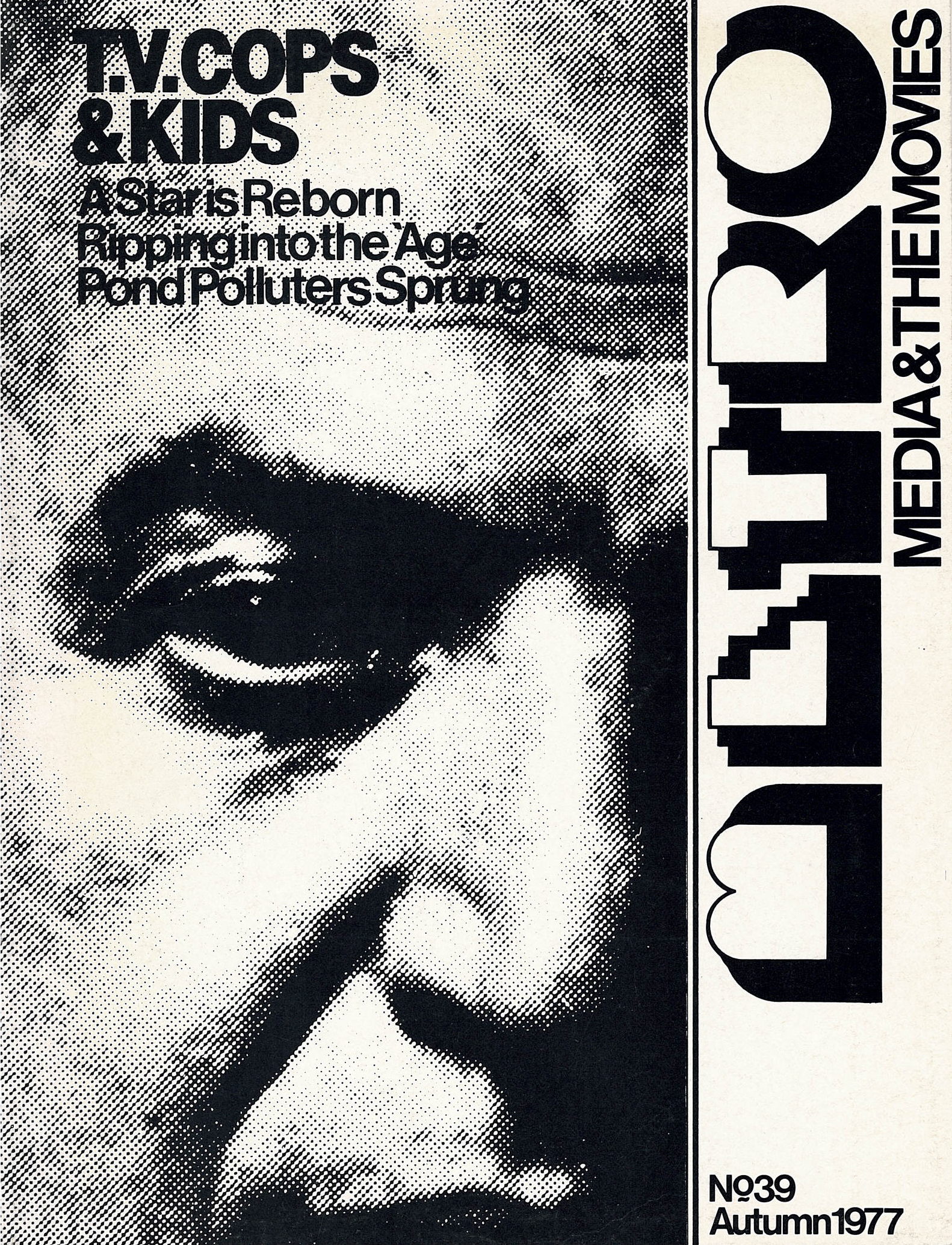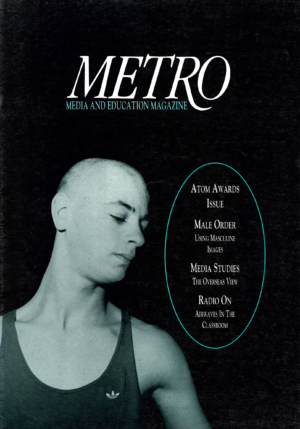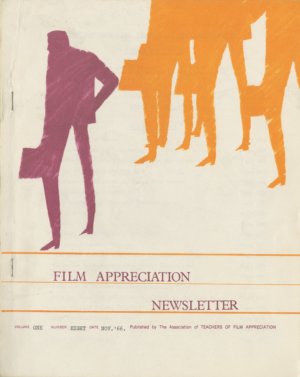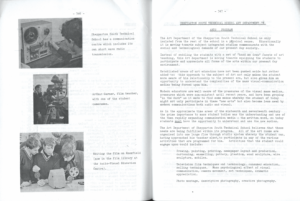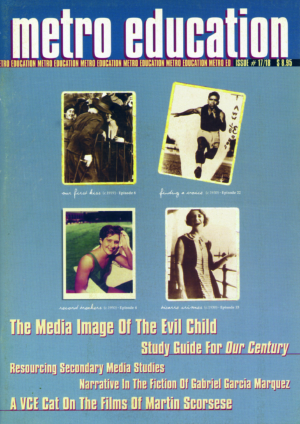‘Whitlam!’
That’s the one word that best captures Metro’s journey in the 1970s. When I first met Metro in 1973 – before it was even officially known as Metro – it was a roneoed newsletter created by a handful of passionate teachers who shared overlapping, twin goals: promoting cinema studies and super 8 filmmaking in the classroom. A demographic tidal wave was about to lift their efforts into a widely supported educational movement. Baby boomers were just beginning to graduate into employment as teachers; we had come of age opposing the Vietnam War, and many of us were pressing hard for social change, starting in the schools. Gough Whitlam’s newly elected government had pulled Australia’s forces out of Vietnam, and radical reform of our schooling system enjoyed backing from the top.
I began teaching at Sunshine Tech, where we discovered a crisis in literacy. Many students lacked skills either in their parents’ language – in Sunshine, it was mainly Maltese – or in English. These students were disengaged at best, and often hostile to their schooling. So were many students whose only language at home was English. Classes were often riotous. A student arsonist destroyed the typing teacher’s beloved portable classroom. That was the vibe!
We discovered, though, that our restless students responded well to curricula inspired by popular culture. In a pivotal exercise, the automotive studies teacher, Ray Newlands, worked with Year 9 boys to reconstruct Ned Kelly’s armor. Humanities teachers created a suite of reading and writing exercises inspired by the bushranger’s tale. We shot a super 8 reel dramatising Kelly’s last stand, and the class trooped off to Footscray for a screening of the Mick Jagger Ned Kelly movie (Tony Richardson, 1970).
I had worked as a journalist, including for Dispatch News in Indochina during the war, and was comfortable writing about our work in Metro and other curriculum publications. One day, Canberra called. A Whitlam-appointed public servant was reading about our Ned Kelly project, and she offered to help me apply for an Innovations grant, a new program intended to bypass school hierarchies and directly fund the initiatives of low-ranked teachers. Our proposal was successful. A grant funded us to develop and test curricula that linked popular culture to literacy and language arts.
Our mission was eased by a technical breakthrough: Sony had introduced the revolutionary Portapak, a low-cost, portable video system that gave students what they crave most: instant feedback!
The Victorian education department’s curriculum unit seconded me to develop and publish curricula for students in Years 5 to 12, who comprised around 60 per cent of the entire student population. They winked at my work editing Metro, even though it was published by an independent association of teachers. Warren Thomas, a visionary administrator in the department’s audiovisual branch, led a successful parallel and supportive effort to promote film and media in the curriculum.
We reformatted Metro for offset printing: our ambition was to become a national, advertiser- and subscriber-supported quarterly. The 1970s TV series Kojak was featured on our first offset cover (M39). The format upgrade and expanded operations were supported by another Whitlam Era gift: repeating annual grants administered by Lachlan Shaw at the Australian Film Commission, Screen Australia’s predecessor.
Throughout my tenure, Metro remained loyal to Whitlam’s social-democratic mission, despite the Labor government’s dismissal in November 1975. We regarded language competence as a key launching pad for personal and social advancement. We tried to inspire willing teachers at all levels to use popular culture to help their students express themselves as researchers, writers, photographers, filmmakers and video storytellers. As Whitlamism receded into memory, Australia’s conversation about education became less about empowerment through literacy. The new focus was on ‘academic excellence’ and admission to elite universities. A movement of teachers began advocating for Metro to reverse our democratic course: they wanted to narrow our editorial mission to supporting Year 12 media studies programs. Others lobbied for Metro to promote the introduction of semiotics and other schools of academic film criticism into the Year 12 curriculum.
I passed the baton of Metro’s editorship to Helen Kon, and landed in New York just as the chainsaw of Reaganism began slashing any American educational program that could even remotely be described as ‘Whitlamist’.
*
My career has never been more fulfilled than when I worked on Metro. As well as those mentioned above, I’d like to remember and thank: Dawn Brown, Ivan Gaal, Wayne Levy, Daphne Merry, John Sergeant, Eric Scherer, Neville Stanley, Peter Yewers, Diana Crunden, Jim Fyfe, Neil Bell, Dr Ian Gordon, John Doig, Harold Dover, Barbara Anderson, Peter Hourigan, Maria Triaca/Harris, Ken and Annette Berryman, and Peter Westfield. My apologies to the many other important contributors who have slipped from my memory.
